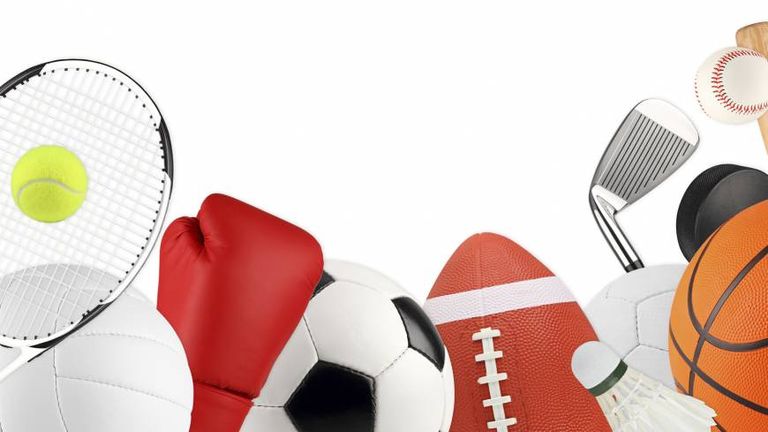
Image Source from Internet
About Sports
Sport has come a long way since ancient Greece, with its rich cultural heritage, vibrant history, sports culture and social impact. Since its establishment as part of the United Nation's Inter-Agency Task Force on Sport for development and peace, sport is now recognized as a practical and cost-effective low-cost and productive tool to support the achievement of the Millennium Development Goals (MDGs), focusing primarily on education, health and HIV/AIDS.
With the globalization of trade and the expansion of travel, sport became one of the most accepted and accessible forms of participation in international sporting events around the world. From soccer to golf, from tennis to motor racing, the sport of sport has become an important part of a growing number of young people's lives. Sport has emerged as a social activity as much as a game, and with more young people playing sport than ever before, it is important to consider its impact on the health and well being of young people around the world.
For many, participation in sport can be a positive outlet for achieving personal goals and overcoming health risks. For example, in developing countries like Kenya and other countries in South Asia, the health challenges facing young people, especially women, are enormous. Sport has become an ideal venue for raising awareness about these health challenges, promoting healthy lifestyles, and encouraging social interaction. The most visible health risks faced by developing countries include diabetes, malaria, and poor diet.
But the health risks faced by many developing countries also include lack of access to quality sports education. In this case, a sport for development and peace can help promote the development of local sport for health initiatives. Some developing countries lack the resources and infrastructure to support well-established national sports programs. Sport has emerged as an alternative resource to fill the gap. Local, national, and international sports organizations are springing up all over the developing world, offering sports instruction, coaching and mentoring to children, families, and communities.
Sport for development and peace can also work to improve the health and wellbeing of individuals by promoting healthy lifestyles. This can include promoting exercise, ensuring that children receive regular, appropriate immunizations, engaging in regular physical activities, and increasing knowledge and skills relating to nutrition and good food intake, as well as promoting a balanced diet and regular physical activity. A sport activity is often a bonding experience, enabling young people to play a sport they love together and learn new things together, which can help improve their mental and physical health.
Sport can also foster social responsibility. Many young people find sport to be a great opportunity to develop leadership and community spirit, helping them build a positive identity as members of a team or a community, and improving their self-esteem.
Sport also promotes a sense of community and unity through its involvement in social and cultural activities. Sports activities are not isolated events, rather they involve participation in activities that promote interpersonal interaction, such as playing with other players. Sport provides young people with the opportunity to be with other people of all ages and backgrounds, encouraging them to interact and play together as teams, which in turn creates a sense of belonging. As the sport becomes more popular, there is a greater chance that these people will be able to interact socially outside of their playing group and develop a sense of camaraderie.
- Sport is becoming a part of everyday life for millions of people, giving young people an opportunity to develop social, political, and cultural connections, as well as providing them with a means of self-expression. As the sport becomes more popular, there is more opportunity for young people to network, enjoy themselves, learn more about themselves, and improve their social and emotional health. Sport for development and peace are mutually reinforcing and mutually beneficial - and should be encouraged at all levels of society.